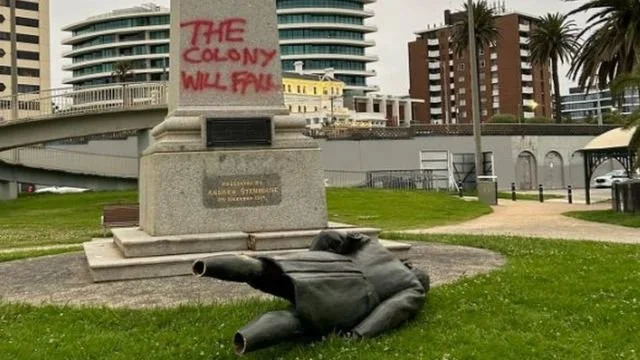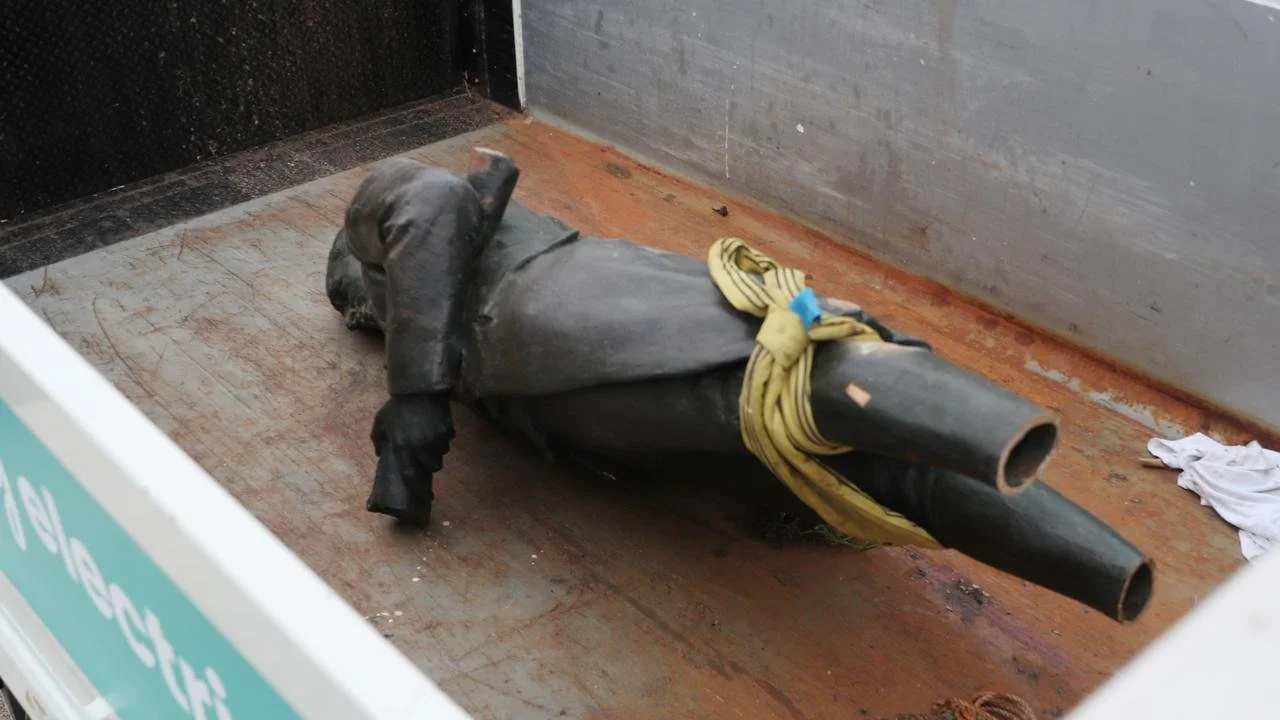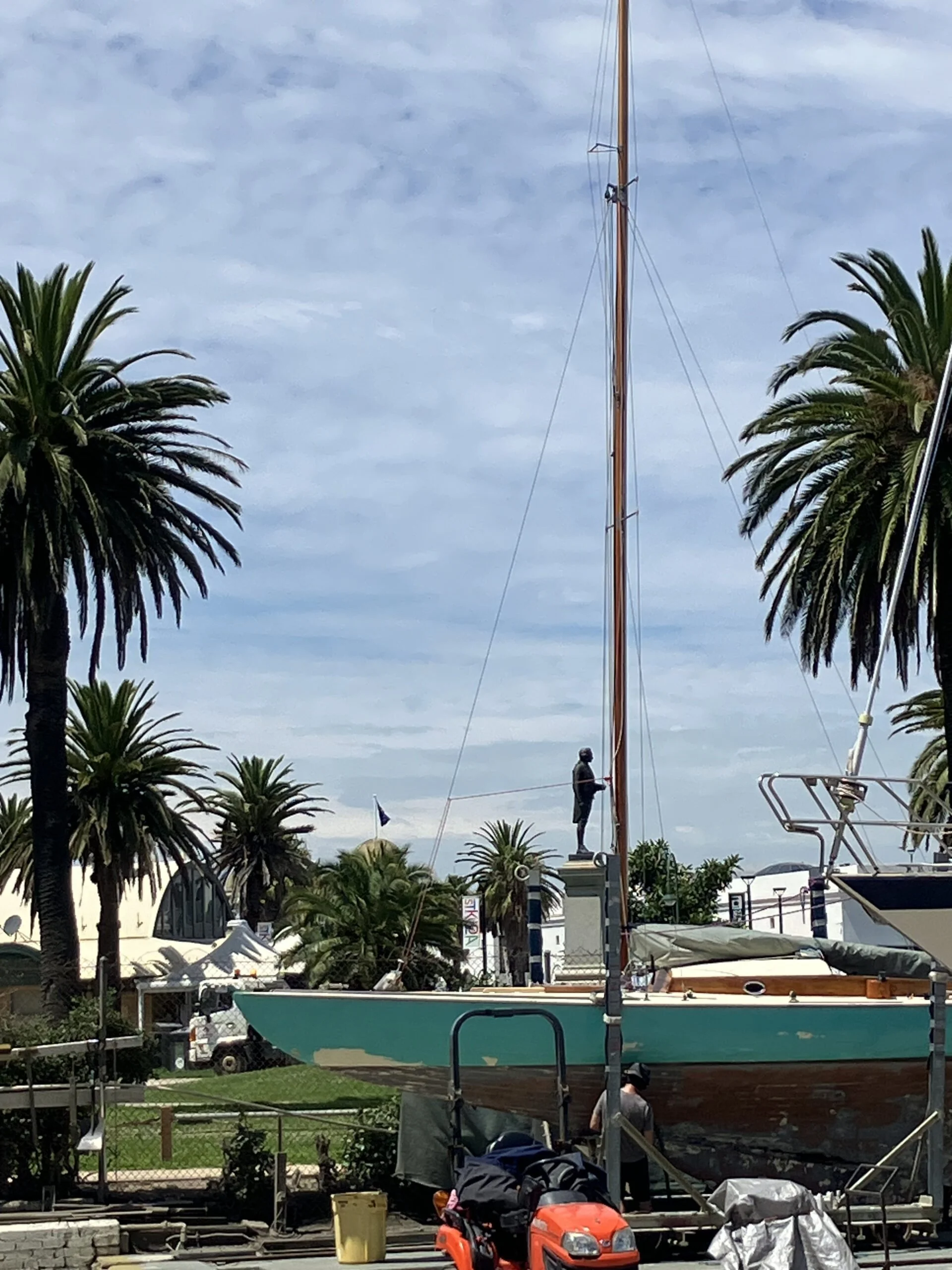The Stupidity of it All.
Like it or not, Australia is now an established country of 27 million people (as of last month). The vast majority of those people don’t go hungry.
Different ethnic and religious groups live side by side in relative harmony. Australian primary and secondary education is free and eight of the top one hundred universities in the world are here. We are ranked 142nd out of 190 countries for crime rate, better than Switzerland, Japan and Austria. Australia is generally considered the second most desirable country in the world to emigrate to, behind Canada. And perhaps most importantly, we get to choose our leaders.
However there are no doubt some appalling skeletons in our collective closet. Colonialism and the associated treatment of the original inhabitants of the land has left a legacy of pain and suffering that all Australians must try to alleviate. We are unquestionably the beneficiaries of this now discredited colonial over-confidence. But trying to move forward without acknowledging the factual history of the last 250 years is like stumbling through a forest with a self-applied blindfold.
So when Lieutenant Cook’s statue in St Kilda, Melbourne was sawn off at the ankles last week I felt a sadness, not for the loss of the likeness, but for the loss of understanding as to where, as a society, we have come from.
Historian Mark McKenna puts it well,
All too often, we expect history to be definitive, to pass judgement and announce a verdict. But understanding Cook is about much more than apportioning praise or blame. We can’t escape him, and we can’t deny him. For better or worse, we’re entangled with his legacy. He’s one of those figures in our history to whom we’ll always return; ceaselessly searching for new ways to see him and ourselves in one and the same field of vision.
Imagine if those who instigated the rather pathetic act of vandalism had instead proposed a creative counterpoint to be erected near the existing statue. Perhaps questioning why it was there in the first place, (Cook never visited Port Phillip) or teaching of the ways that the Boon Wurrung clans used the area now called St Kilda as, in 1835 Captain Peter Hunter sailed past in the ENTERPRIZE on his way to the Yarra River and his anchorage at the foot of the present day William Street.
Bruce Howell, a former high school teacher of Wiradjuri descent, has read the diaries of both Cook and Joseph Banks from the Endeavour voyage and he believes the navigator has been “mythologised and oversimplified in Australia” by those who, on one side, have cast him as a flawless hero and, on the other, as a bogeyman.
I believe that the way to do it is to firstly ensure that both sides of the 1770 story are told ... warts and all, and that it be placed into the proper context of the times. The premise is that proper respect and acknowledgement should be given not only to all those aboard the Endeavour, but equally to the local people ... who were confronted with both the Endeavour and then the landing party on the afternoon of April 29th 1770. One hurdle is that for so many Australians, myself included, they’ve never been taught our foundational history – many will conflate the events of 1770 and 1788, and will generally know little about either.
We are unlikely to learn more from nilhistic vandalism.
Lieutenant Cook inspects the halyards on Tumlaren YVONNE the week before his demise. Photo- Roger Dundas



